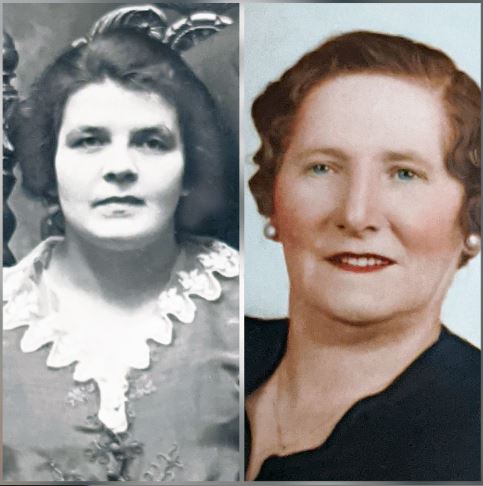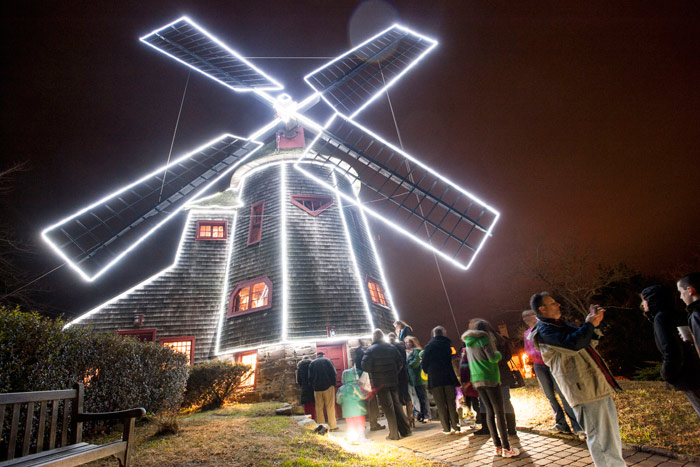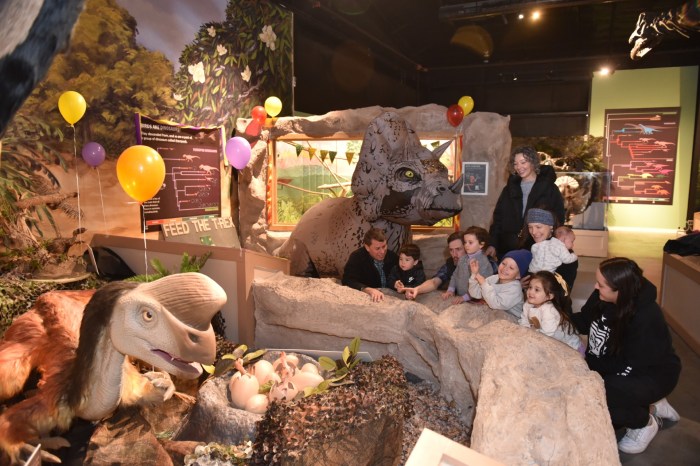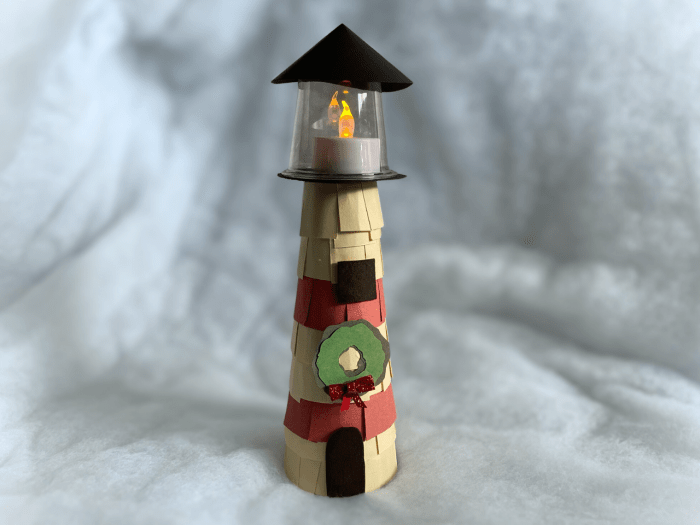I have clear memories of my grandfathers.
Grandpa Harry, a Polish immigrant, operated a bar-and-grill. I have reason to believe he was involved in bootlegging during prohibition. He had diabetes that led to amputations of both legs, after which he was fitted for prosthetic limbs.

(Photo courtesy of Andrew Malekoff)
My father took me to the bar every Sunday morning when only the package goods store was open. I recall seeing Grandpa Harry sitting there in his favorite wooden chair and walking around with a cane. That is, before he lost his second leg. He died when I was seven or eight years old.
My grandfather Joseph, who I called Pop, was a Russian immigrant. He was a carpenter. He had a glass eye, which was the result of a work-related accident. Pop lived until I was about 14 years old. As the eldest male, he cut the challah at my bar mitzvah. He stayed with us for a short time when we lived in a flat in Newark, NJ, until he found his own place just one block away. I used to visit him there from time to time.
I never knew my grandmothers.
I only know their faces from old photos. Grandma Jenny, a Russian immigrant, died when I was a very young child. I cannot remember being with her, although I have one photo of her holding me and smiling, soon after I was born.
Grandma Annie, who emigrated from Poland, died sometime before I was born. I’m not sure exactly when, but I know it was after my parents’ wedding.

(Photo courtesy of Andrew Malekoff)
From time to time I’ve wondered if my mom was grieving for her when she was pregnant with me. I’m sure she missed her and would have wanted her to know her first grandson.
Many years later, when my mom was preparing for cardiac surgery, I gave blood for her to have a platelet transfusion. The name of the nurse who drew my blood was Annie. She told me that she was from Poland. I took that as a spiritual sign. I imagined that Grandma Annie was there, drawing blood from me, who was named after her, to give it to her daughter —my mother. If nothing else, it suggested to me that there has always been a part of me looking for a connection with her, whether or not I was consciously aware of it.
Although I’ve never talked about any of this with anyone, I’ve often felt that not having my grandmothers in my life left a hole in my heart. Just observing children with their grandmothers revealed for me what a special, enduring and fortifying relationship that can be. Because I never had that, it feels like something is missing, like something has been lost.
I did a social media search to see if others have had similar experiences. One woman, speaking about the grandmother she never knew, as if she was speaking directly to her in absentia, said: “You were like a whisper rather than an actual presence in my life.”
Like a whisper.
I recall participating in a group exercise—an ice-breaker, at the beginning of an educational program in my workplace. The instructions given by the leader were for each person to talk about their given name and its origin; and, then, for us to talk about how we feel about our names. I had never been asked that question before.
When it was my turn, I said: “My given name is Andrew. Most people call me Andy. I was named after my grandma Annie who died before I was born. How do I feel about my name? I like my name because it is the one thing that makes me feel close the grandma I never knew, every single day.”
—Andrew Malekoff is a New York State licensed social worker and an Anton columnist.































